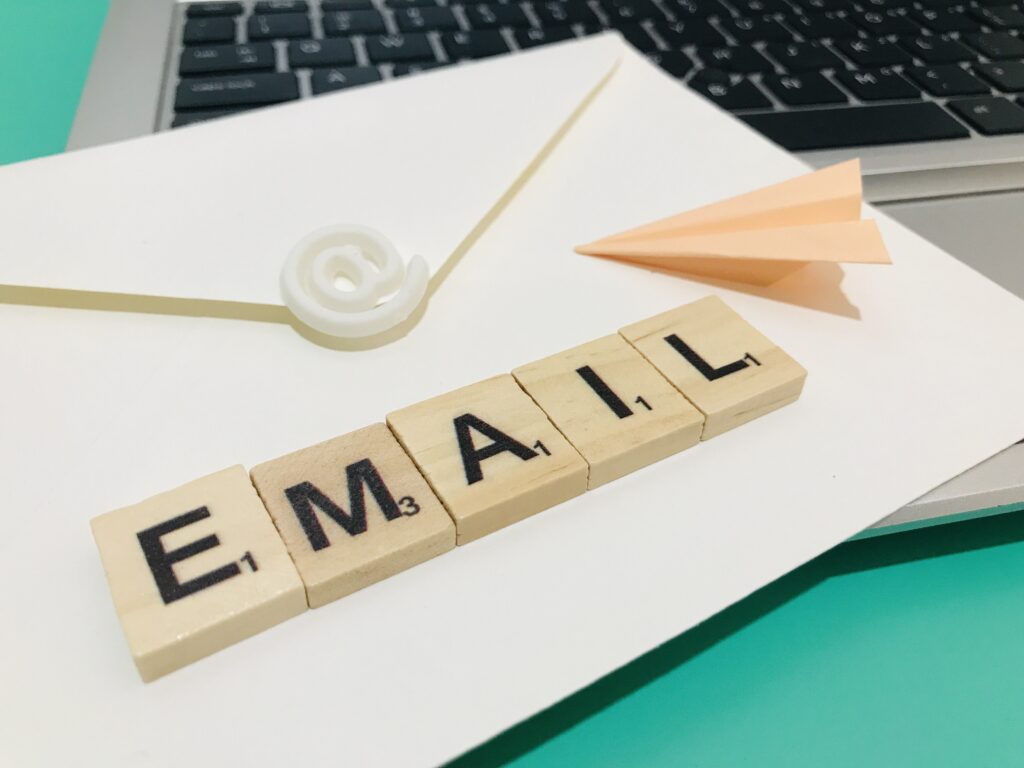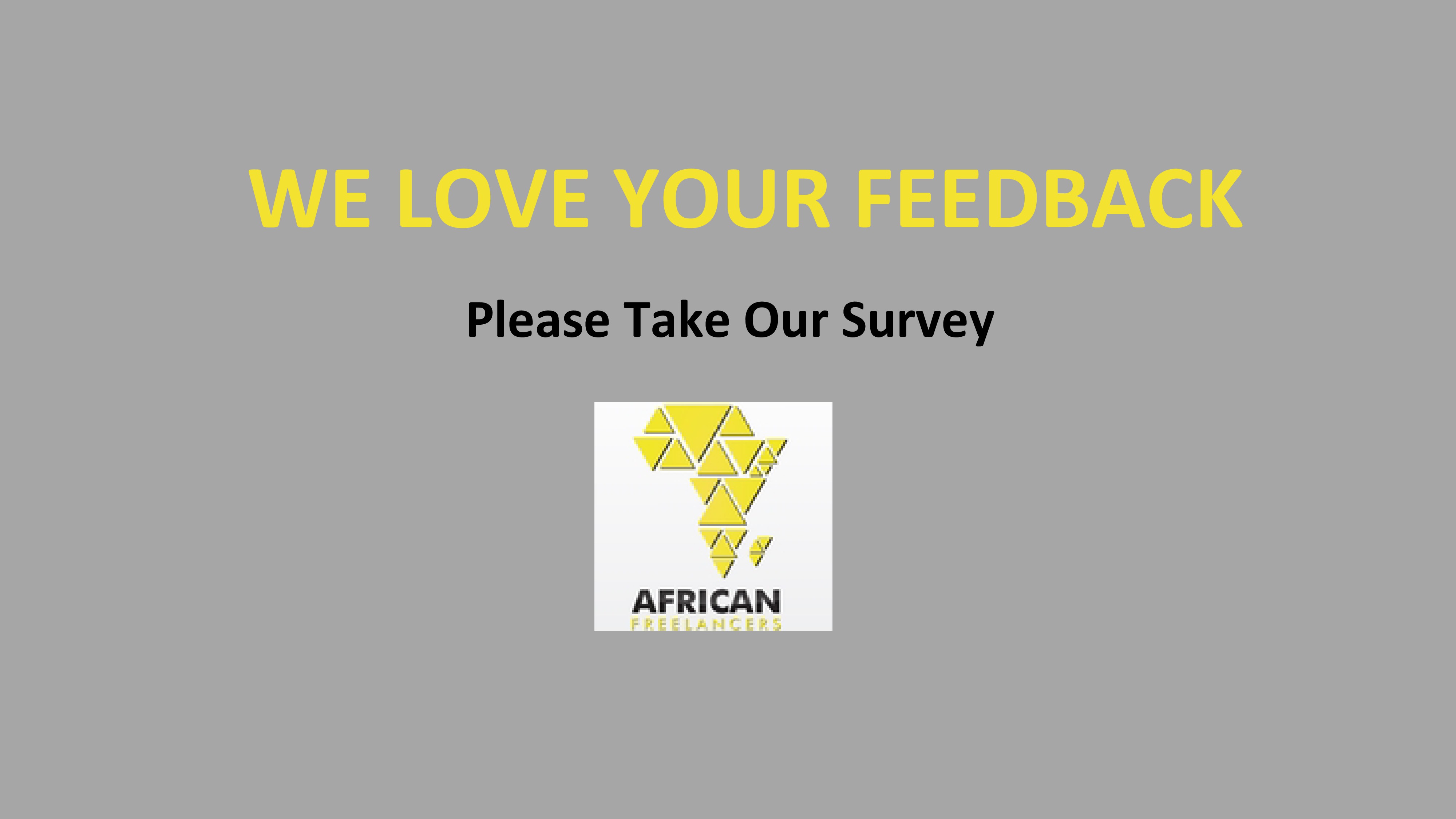The times when you could get away with poor communication just because you were a skilled freelancer are long gone. Freelancers across the globe are adding professional communication to their long list of skills. They can now handle projects with several clients across time zones, industries, and cultures. They communicate respectfully and professionally. It might just be your poor communication skills that are making you lose all those jobs, even though you are skilled.
What this article hopes to do is to break down the basics of email etiquette and messaging manners every African freelancer should master. With the basics of professional communication, you can build trust, avoid misunderstandings, and position yourself as an all-around expert freelancer.
Why Professional Communication Matters in Freelancing
Expert freelancers know that their work does not just speak for itself; they also speak for their work. Clients’ perception of your competence, reliability, and value is tested in your words. In other words, in your service pitch, project scope clarifications, payment requests, etc. The clear difference that sets African freelancers apart from their global clients For when working remotely with international clients is simply professional communication. This singular factor helps bridge gaps in geography, culture, and expectations.
Here’s why it matters:
- It builds trust and credibility
Clients are more likely to hire and retain freelancers who communicate clearly and respectfully. Prompt, polite messages show that you take your work and their time seriously. - It sets boundaries and expectations.
Clear communication around availability, deliverables, and revisions helps prevent scope creep and misunderstandings. - It reflects your brand.
Every email or message is an opportunity to show you’re dependable, organized, and easy to work with. - It helps navigate cross-cultural relationships.
What’s considered “polite” or “professional” may differ by country. Practicing universal communication etiquette can help you come across as thoughtful and respectful across cultures.
Essentials of Email Etiquette
Email remains one of the most common ways clients communicate with freelancers. At the start of a project or when dealing with formal matters like contracts and payments, email communication remains one major form of professional communication. Practicing good email etiquette makes you look professional and ensures your message is read and understood.

Key principles to follow;
- Use a professional email address
Stick to your name or business name (e.g., jumoke.writes@gmail.com) and avoid nicknames, slang, or unprofessional handles. - Write a clear subject line.
Your subject should tell the recipient exactly what the email is about (e.g., Project Proposal for Social Media Copy – July 2025). Vague lines like “Hi” or “Quick Question” can get ignored or lost. - Start with a respectful greeting.
Use a simple, professional greeting like “Hello [Client’s Name],” or “Dear [Title and Last Name],” depending on the tone of your relationship. - Get to the point quickly and politely.
Respect your client’s time. Use short paragraphs, bullet points if needed, and make your message easy to scan. Avoid unnecessary fluff but remain courteous. - Use proper grammar, spelling, and punctuation.
Avoid abbreviations like “u,” “pls,” or “tnx.” Use tools like Grammarly to catch mistakes and keep your writing polished. - Sign off professionally
End with a warm, respectful closing like “Kind regards,” “Best regards,” or “Sincerely,” followed by your full name and contact information if necessary. - Reply within a reasonable time.
Aim to respond within 24–48 hours, even if it’s just to acknowledge the email and share when you’ll respond in full. - Handle attachments properly
Make sure files are correctly named (e.g., SocialMediaCalendar_July2025.pdf) and not too large. Always mention the attachment in the body of your email.
Messaging Etiquette on Platforms (Slack, WhatsApp, Upwork, etc.)
While emails tend to be more formal, instant messaging platforms like Slack, WhatsApp, Telegram, or even Upwork chat are used for everyday freelance communication. These tools make it easy to stay connected, but they also come with their own set of expectations.
Messaging dos and don’ts:
- Keep it respectful, even if the tone is casual
Just because messaging feels informal doesn’t mean you should drop professionalism. Always greet the client, use polite language, and close messages properly. - Don’t expect instant replies.
Your client may be in a different time zone or juggling multiple priorities. Avoid double-texting unless it’s urgent, and don’t take delays personally. - Use a clear tone
Avoid sarcasm, ambiguous comments, or jokes that could be misinterpreted. Text doesn’t always carry tone well, so it’s better to be clear than clever. - Avoid unnecessary abbreviations
Even in messages, write in full sentences. Say “Please let me know” instead of “PLMK,” and “Thank you” instead of “Tnx.”

- Be concise but complete.
Think before you type. Organize your thoughts and avoid sending five separate texts when one well-written message would do. - Respect working hours and time zones
Don’t message clients late at night or on weekends unless previously agreed. Use scheduled messaging features if necessary. - Use emojis sparingly
While occasional emojis can help build rapport, too many emojis can make you appear unserious or unprofessional.
Common Mistakes to Avoid in Client Communication
Even the most skilled freelancers can fall into bad communication habits. This often happens when juggling multiple clients or working under pressure. Being aware of these common mistakes can help you avoid misunderstandings, protect your reputation, and keep projects running smoothly.
1. Using informal language too soon
Jumping into slang, shorthand, or overly casual tone before building rapport can come off as unprofessional. Always start formally and adjust based on the client’s style over time.
2. Being vague or unclear
Phrases like “I’ll send it soon” or “It’s almost ready” don’t help the client plan. Be specific with timelines and deliverables (e.g., “I’ll send the final copy by 4 PM today”).
3. Responding emotionally or defensively
When receiving criticism or difficult feedback, it’s easy to take it personally. Instead of reacting, pause, assess the message calmly, and respond constructively.
4. Ghosting or replying late
Not responding to emails or messages can damage trust. Even if you’re delayed, a short message explaining the situation shows professionalism.
5. Over-apologizing or under-communicating
Saying “sorry” too often can make you seem unsure or unconfident. On the flip side, saying too little can leave clients confused. Aim for a balance: take responsibility where needed, but keep it brief and solution-focused.
6. Failing to follow up
Sometimes clients get busy and forget to respond. A polite follow-up shows initiative and keeps the project moving forward.
Conclusion
Your words are often the first, and sometimes the only, impression you make. Learning professional communication is a growth strategy for African freelancers working across borders, time zones, and cultures. When you master email etiquette and platform messaging, you position yourself as someone who respects your client’s time, understands business relationships, and is ready for serious work. These soft skills may not show up on your portfolio, but they’re often what sets successful freelancers apart.
Looking to grow your skills further? Explore more articles on AfricanFreelancers.com and join our community of goal-driven freelancers building sustainable careers across the continent.




